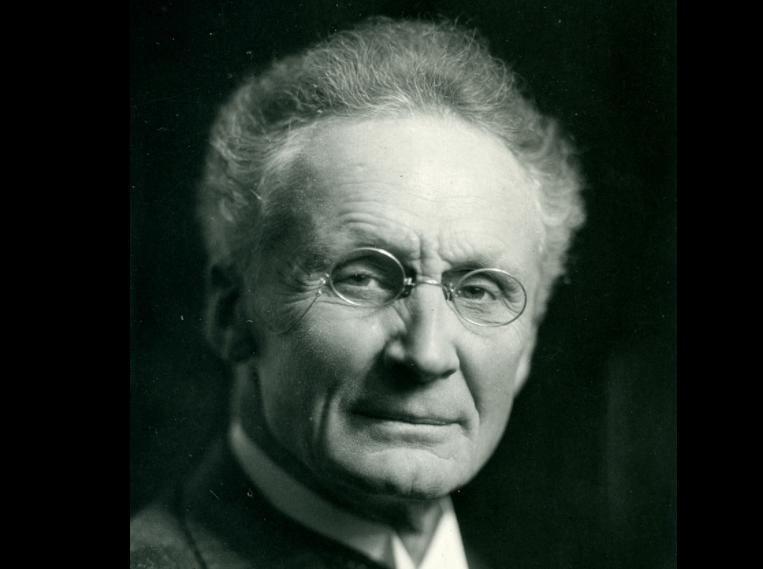Who is Vilhelm Bjerknes? Information on Norwegian physicist and theoretical meteorologist Vilhelm Bjerknes biography, life story and works.

Source : wikipedia.org
Vilhelm Friman Koren Bjerknes (April 14, 1862 – April 9, 1951) was a Norwegian meteorologist and physicist who made significant contributions to the understanding of atmospheric and oceanic dynamics. He is considered to be one of the founders of modern meteorology and is known for his work on the development of weather forecasting.
Bjerknes was born in Christiania, Norway (now Oslo) and received his education in physics and mathematics at the University of Christiania. He began his career working as a physicist and meteorologist at the Norwegian Meteorological Institute, where he conducted research on the dynamics of the atmosphere and the oceans.
In the early 1900s, Bjerknes developed a theory of the life cycle of cyclones, which explained the formation, development, and decay of these weather systems. He also developed a system for forecasting the weather based on the analysis of data from weather stations and the use of mathematical models.
Bjerknes’s work had a significant impact on the field of meteorology and helped to establish the science of weather forecasting. He was a pioneer in the use of mathematical models to study the atmosphere and the oceans, and his work laid the foundation for modern meteorological theory.
Bjerknes died in Bergen, Norway in 1951 at the age of 88. His contributions to meteorology continue to be recognized and studied by scientists today.
Contributions to Science
Vilhelm Bjerknes made significant contributions to the fields of meteorology, hydrology, and geophysics. He is considered to be one of the founders of modern meteorology and is known for his work on the development of weather forecasting.
One of Bjerknes’s most important contributions to science was his theory of the life cycle of cyclones, which explained the formation, development, and decay of these weather systems. He also developed a system for forecasting the weather based on the analysis of data from weather stations and the use of mathematical models.
In addition to his work on meteorology, Bjerknes also made important contributions to the fields of hydrology and geophysics. He conducted research on the dynamics of the oceans and developed theories about the movement of water in rivers and streams.
Bjerknes’s contributions to science had a significant impact and helped to establish the science of weather forecasting. He was a pioneer in the use of mathematical models to study the atmosphere and the oceans, and his work laid the foundation for modern meteorological theory.
Bio 2
Vilhelm Bjerknes; (1862-1951), Norwegian physicist and theoretical meteorologist, who made great contributions to the physical explanation of the movements of atmospheric air masses. Bjerknes was born in Oslo on March 14, 1862, the son of the physicist Carl Anton Bjerknes (1825-1903). As an assistant to Heinrich Hertz at Bonn, Germany 1891-1895, he produced fundamental studies of electrical resonance. He was professor of mechanics and mathematical physics at the University of Stockholm (1895-1907), where, in 1897, he developed his circulation theorems in hydrodynamics. These theorems have been useful for the physical understanding of certain atmospheric movements.
In order to further his goal of providing a physical explanation of weather phenomena, Bjerknes urged the adoption of theoretically based measurement standards, notably the millibar, now the standard unit of atmospheric pressure. While director of the geophysical institute at Bergen (1917-1926), he was able to bring about significant expansion of the Norwegian weather service. Under his inspiration and guidance, and provided with new observational data, a group of young meteorologists at Bergen, led by his son, Jacob, developed the modern weather theory of cyclones, air masses, and fronts (1918). Vilhelm Bjerknes died in Oslo on April 9, 1951.